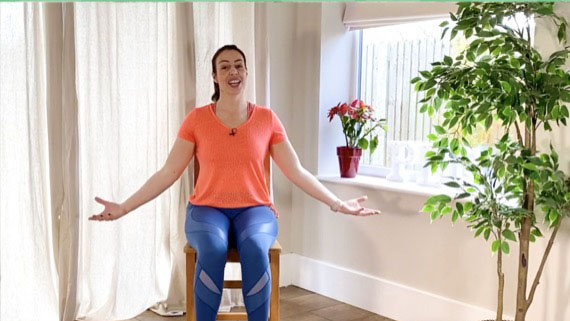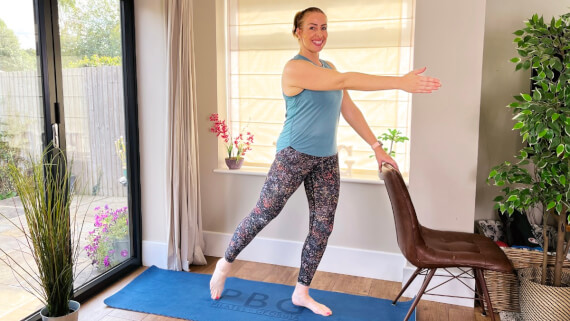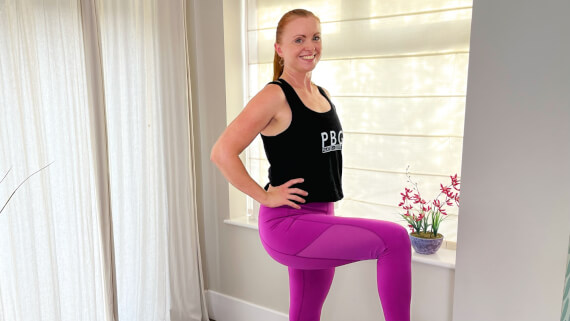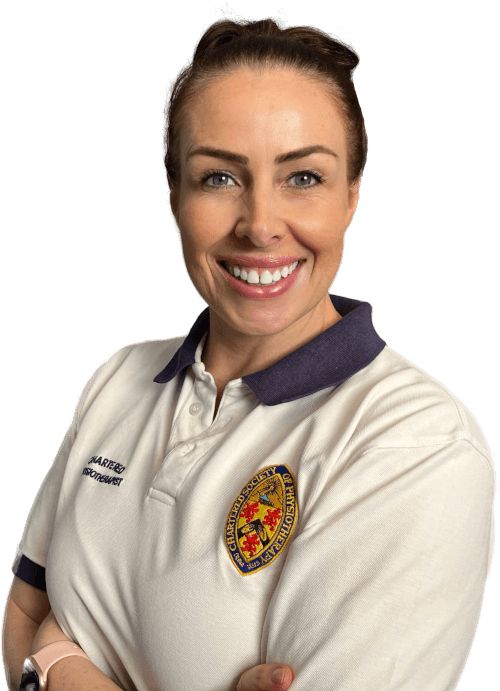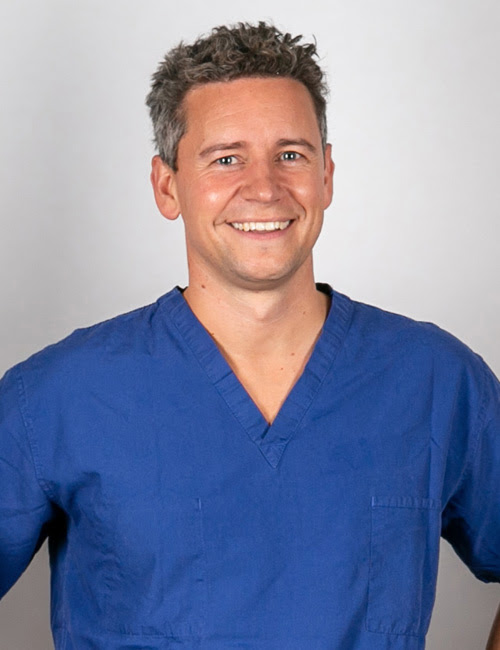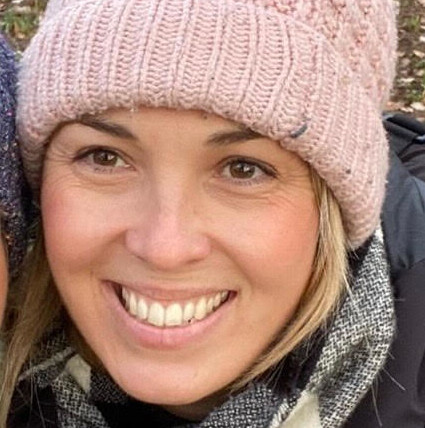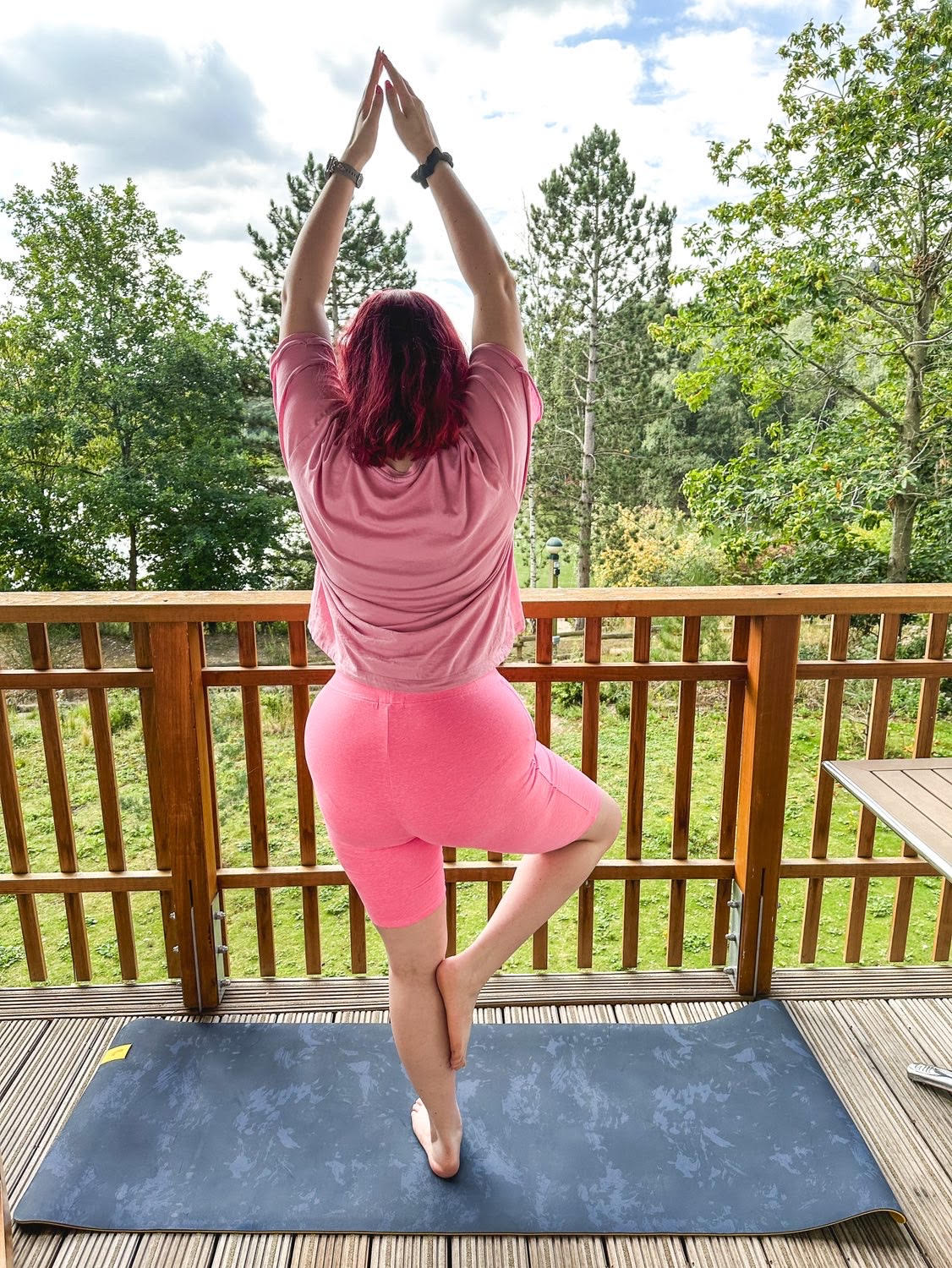Balance
Balance Problems
Balance is the ability to distribute your weight in a way that lets you stand or move without falling, or recover if you trip. Good balance requires the coordination of several parts of the body:
- Vision
- Proprioception: this is your body’s sense of awareness in space
- Vestibular system: this is the functioning of our inner ear which helps with spatial orientation.
Maintaining balance is a complex task that requires coordination from your muscles, tendons, bones, eyes, ears and brain. If even one of these systems become weakened, others may overcompensate and our balance is affected.
All about Balance
Causes of Balance Problems
There are many factors that can lead to loss of balance:
- Inner ear problems
- Foot pain
- History of lower limb injury such as an ankle sprain
- Vision problems
- Loss of depth perception
- Side effects of medications
- Aging
Plus conditions that affect the central nervous system such as Multiple sclerosis, strokes and Parkinson’s disease.
Symptoms of Balance Issues
People report a variety of symptoms when balance is affected, with many feeling dizzy, lightheaded and unsteady. Visual blurring and vertigo are also common symptoms.
Physical Therapy for Balance Problems
Maintaining balance is crucial especially as we start to get older. Having good balance helps in preventing falls, injury, and simply making your daily activities easier to perform.
Balance can be improved at any age and at any starting level. The key is repetition and practice. Physio-led Pilates strengthens and stretches tight muscles while safely challenging your static and dynamic balance skills.
Watch the PBG information class on balance then try the QuickFix exercise class to learn how to safely work on improving your balance for everyday life.
Free Class: Quick Fix for Balance

 Physio Tip!
Physio Tip!
A simple way to build balance training into your life is to brush your teeth whilst standing on one leg!
This will challenge your body's core, nervous and vestibular systems to keep you upright. Practice for 30secs on one leg and then swap sides!
Alert!
Contact your healthcare provider if:
- You notice a sudden change in your ability to balance
- You experience a sudden reduced power and sensation to your limbs
- You experience constant motion sensitivity
- You experience disorientation and blurred vison.
